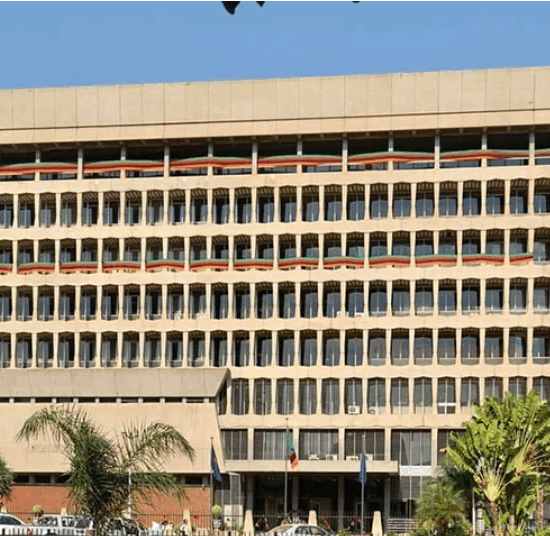
Talk about a silver lining to every challenge, Zambia has yet again posted a trade surplus valued at K3.8 billion (about US$210million) in May 2020, up from K2.2 billion recorded in April 2020, indicating a 72% increase month on month.
This trade surplus means that Zambia exported more than it imported, a precursor to boosting forex inflows and a stable Kwacha. A deeper review of the trade statistics shows that the covid 19 health restrictions has directly put a lid on some of the unnecessary imports that leads to forex outflows, enabling Zambia to export more than it imported.
The Zambia Statistics Agency – Zamstats has revealed that exports which mainly comprise of domestically produced goods increased by about 18% from K8.9 billion in April 2020 to K10.5 billion in May 2020.
ZamStats Statistician General Mulenga Musepa said during a media briefing monitored by the Zambian Business Times – ZBT on June 25, 2020, that the increase in exports was mainly on account of a 12% and 96% increase in export earnings from intermediate goods and Raw materials respectively.
He added that imports decreased by 0.3% from K6.7 billion in April 2020 to K6.6 billion in May 2020 and that the decrease was mainly as a result of a 13% and 5% decrease in import of Capital goods and Consumer goods respectively.
Musepa said the total trade volumes from January 2020 to May 2020 increased by 5.5% to K79.8 billion from K75.7 billion in the same period of 2019.
Meanwhile, refined Copper export earnings during May 2020 rose by 17% to K7.8 billion, up from K6.7 billion in April 2020. On a month on month basis, refined Copper export volumes during May 2020 increased by about 12% to 82,288 metric tonnes.
There was also some favorable pricing as the London Metal Exchange – LME copper prices increased by 3.7 to $5,233.8 per metric tonne in May 2020 from $5,048 per metric tonne in April 2020.
Musepa further added that Non Traditional Exports – NTEs (non copper related exports) increased by 20% to K2.3 billion in May 2020, up from K1.9 billion in April 2020. “During May 2020, Agricultural NTEs increased by about 80% while Non-Agricultural NTEs increased by about 9%,” He said.
The Zambian government and in particular the Ministry of Trade has struggled to strike tangible bilateral trade deals with both South Africa and Saudi Arabia/Gulf region. These two countries account for the major cause of trade deficits for the copper rich country.
South Africa is the major consumer goods exporter to Zambia while Saudi Arabia and the gulf region is responsible for the vast amount of crude oil imports. If the minister of Commerce, Trade and Industry Christopher Yaluma and his team could strike tangible trade deals with just these two countries to reduce the trade deficit gap, some of the problems associated with the perpetual Kwacha depreciation could be ameliorated.







